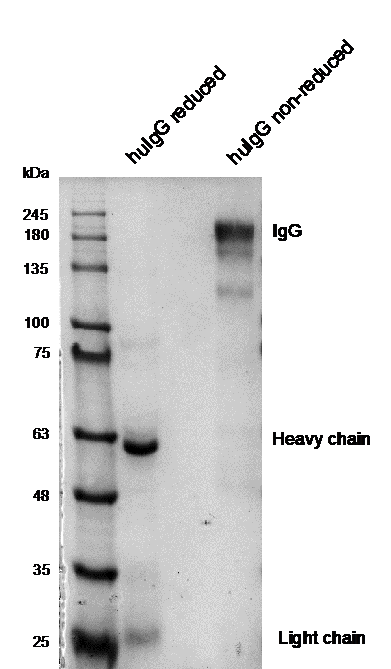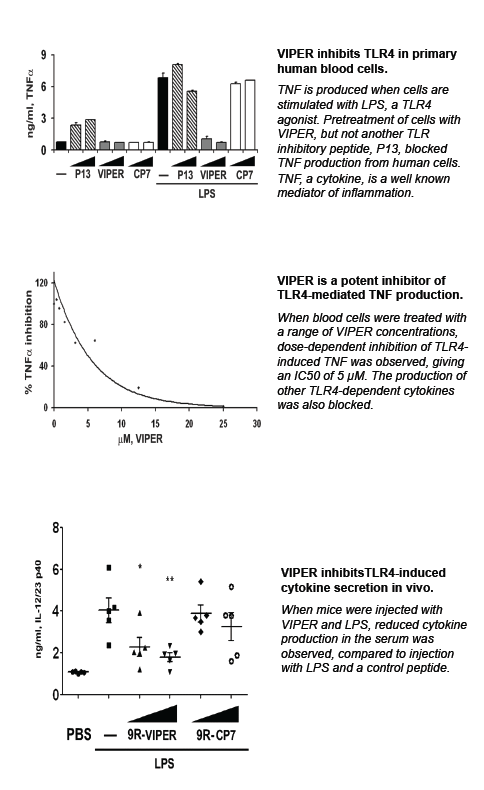
Cat. #160869
ABHD5-flox mouse
Cat. #: 160869
Sub-type: Mouse
Availability: 6-8 weeks
Model: Conditional KO
This fee is applicable only for non-profit organisations. If you are a for-profit organisation or a researcher working on commercially-sponsored academic research, you will need to contact our licensing team for a commercial use license.
Contributor
Inventor: Franz Radner ; Rudolf Zechner
Institute: University of Graz
Tool Details
*FOR RESEARCH USE ONLY (for other uses, please contact the licensing team)
- Tool name: ABHD5-flox mouse
- Alternate name: ABHD5, CGI-58
- Research fields: Developmental biology;Metabolism
- Tool sub type: Mouse
- Model: Conditional KO
- Conditional: Yes
- Conditional description: Conditional ready
- Description: Useful model for the generation of tissue/cell specific ABHD5-deficient mice. Animals might be useful for studies, e.g. on energy metabolism or skin barrier development/function.
- Genetic background: These mice were generated using HM1-ES cells. ES cell clones were injected into C57BL/6J blastocysts to enable coat colour selection of the chimeras. Mice were subsequently backcrossed to C57BL/6J (âĽÂ 10 generations). When kept as a homozygous colony, mice are backcrossed to C57BL/6J regularly to avoid generation of subpopulations.
- Phenotype: These mice are conditional ready, and phenotypical identical to C57BL/6J mice.
- Zygosity: Homozygous
- Strain: C57BL/6J
- Production details: A loxP site was inserted upstream of exon 4 and a floxed neomycin resistance cassette was inserted downstream of exon 7. Cre-mediated recombination removed the selection cassette and left Abhd5 exon 4 â 7 flanked by loxP sites. Further details are available upon request.
- Breeding information: Good breeder. Homozygous mice may be bred together to maintain a live colony.
Target Details
- Target: Abhydrolase domain containing 5, comparative gene identification-58, Chanarin-Dorfman, Ichthyosis
Related Tools
- Related tools: ABHD5 knock out mouse
References
- 23413028
- Grond et al. 2017. J Invest Dermatol. 137(2):403-413. PMID: 27725204.
- Jaeger et al. 2015. J Hepatol. 63(2):437-45. PMID: 25733154.
- Radner et al. 2010. J Biol Chem. 285(10):7300-11. PMID: 20023287.



